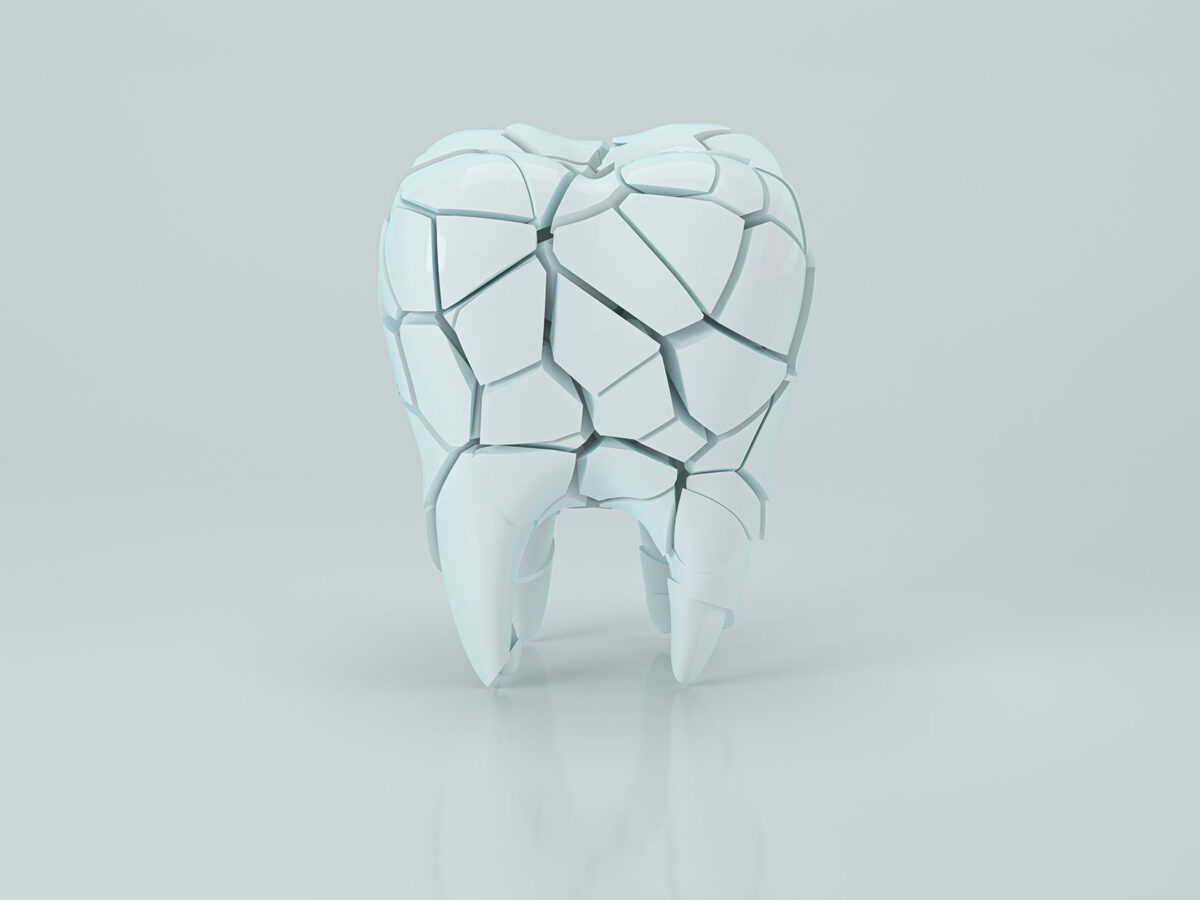Blog
Dental hygiene tips for healthy teeth & gums

What causes the most damage to teeth?
Cavities are permanent holes or openings in your teeth that develop over time on their hard surface. Several factors can lead to cavities, also known as tooth decay or caries, including bacteria in your mouth, frequent snacking, drinking sugary drinks, and not properly cleaning your teeth. Without treatment, cavities grow larger and affect the deeper layers of your teeth. As a result, it is possible to develop a severe toothache, an infection, and possibly lose a tooth. To prevent cavities and tooth decay, you should schedule regular dental appointments and practice good oral hygiene habits.
- Sugar Causes Teeth To Decay
MYTH: Sugar may not be good for your health, but it is not the primary cause of tooth decay. The consumption of other carbohydrates, such as fruits, grains, and vegetables, may also contribute to plaque formation; however, these foods also provide various health benefits. If sugar is consumed in moderation and brushed regularly, it should not cause severe oral hygiene problems. In most cases, tooth decay is caused by acids produced by natural bacteria.
- Teeth Are Stained By Coffee And Soda
FACT: Coffee and dark-colored sodas can stain your teeth. A tooth is composed of several tiny pits that store food and drink particles, resulting in staining. After each meal, rinse your mouth with water and use a whitening toothpaste to prevent staining. An effective way of removing these stains is by having your teeth professionally whitened by an experienced dentist.
- Cold Temperatures, Such As Chewing Ice Cubes, Will Cause Your Teeth To Crack
MYTH: There is no risk of your teeth being cracked by small temperature changes; however, extreme temperatures may cause your teeth to crack. Eventually, cracks will appear. Due to aging, some adult teeth have a few small cracks. However, restorative dentistry will keep your teeth strong even after they have been broken.
- Sugar And Acid Are Washed Away By Water
FACT: Fluoride is a mineral found in toothpaste and some mouthwashes, similar to what is found in our own saliva. It is important to remember that fluoride protects against tooth erosion, so drinking water after or while eating can assist in keeping your teeth clean.
- You Should Avoid Chewing Gum
MYTH: In general, it depends on the gum. It is advisable to avoid sugar, as it neutralizes the acid produced by plaque bacteria. As a result of chewing, 10x more saliva is produced, which is responsible for washing away food particles. Gum-containing xylitol will make bacteria less sticky, reducing the likelihood of cavities developing.
- Fruit Berries Of All Types Stain Your Teeth
FACT: The antioxidants in berries are beneficial, but they also contain chromogens, which are active stain-causing agents. The most important thing to remember is that whatever stains your clothing will most likely stain your teeth as well.
- The Effect Of Smokeless Tobacco Is Not The Same As That Of Cigarettes Or Cigars
MYTH: Tobacco products, whether they are smokeless or chewing tobacco, are still tobacco products. These side effects will affect your entire mouth: discoloration of teeth, increased risk of cavities, oral cancer, gum disease, erosion, decay…the list is endless. Don’t use tobacco; that’s the bottom line.
- Enamel Is Strengthened By Dairy Products
FACT: Due to their high calcium content, dairy products contribute to the strength of our teeth and bones. Additionally, casein, a protein found in cheese, helps preserve and repair enamel.
- You Should Avoid Candy At All Costs
MYTH: Candy is certainly bad for your teeth, but snack foods, such as chips and crackers, are far more damaging. Due to their high sugar content, they are difficult for saliva and water to remove from your teeth. It is wise to consume candy and snack foods in moderation to prevent tooth decay. With the assistance of a good dentist, you can ensure the oral health of your children.
- Crispy Fruits And Veggies Can Scrub Your Teeth
FACT: Healthy foods, such as carrots and apples, are crisp and crunchy, which helps to freshen breath and remove plaque from the teeth. Moreover, these foods are already excellent for your health in general.
Taking preventative action is the best way to ensure that your pearly whites remain sparkling. Hence, to keep your mouth healthy, it is essential to know which foods and substances to avoid.


